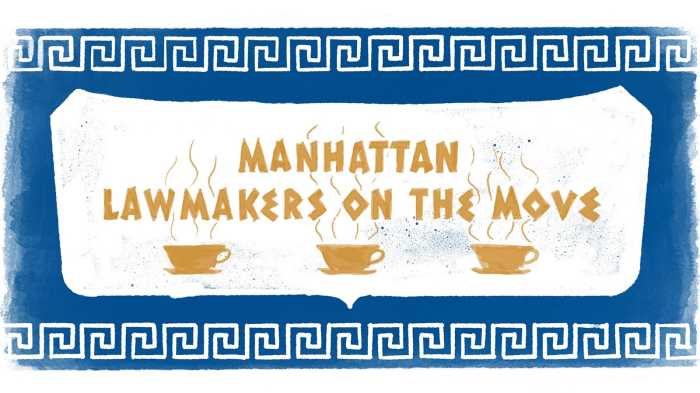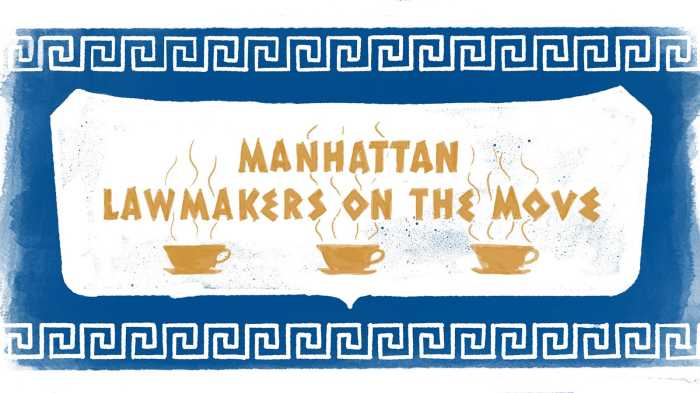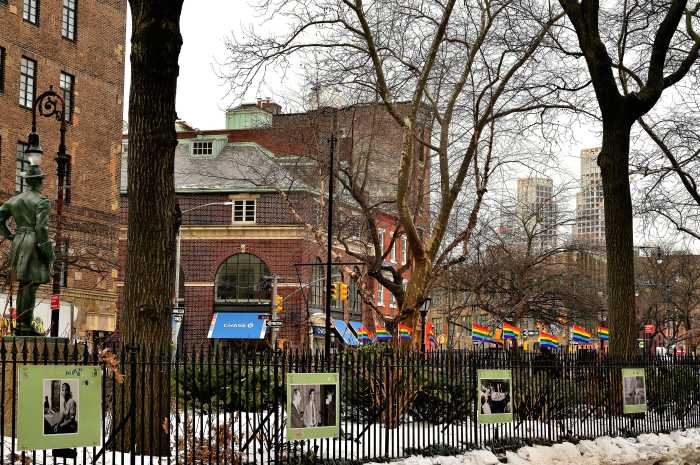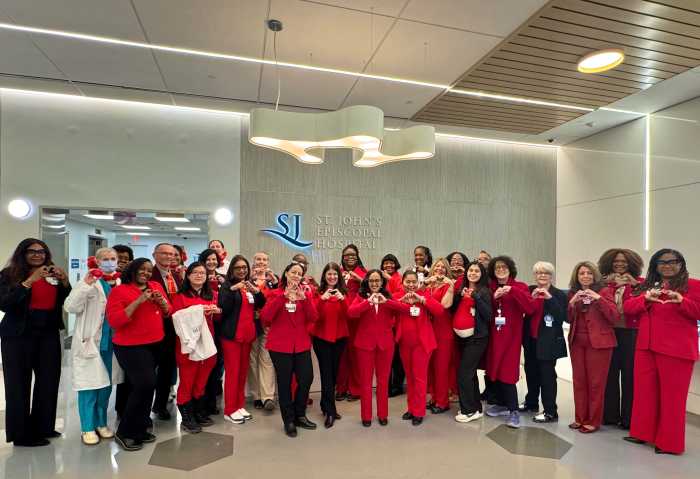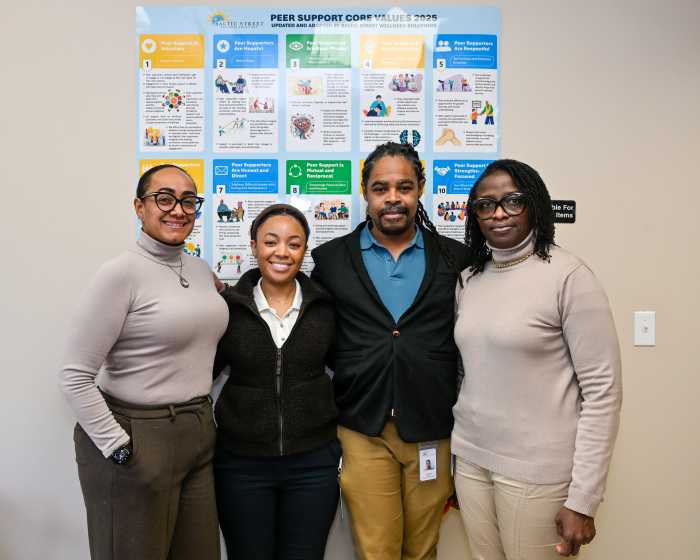Council Member Mark Levine (D-Manhattan Valley, Manhattanville) held an info session last night on what he believes will be a game changer in the fight against COVID-19: antibody testing.
The session took place on May 8 at 5 p.m. over Zoom. Alongside Levine was Survivor Corps founder Diana Berrent, one of the first New Yorkers to recover from COVID-19.
Antibody tests, on the surface, are exactly what they sound like; they test for the presence of COVID-19 antibodies in your blood. The antibodies produced to fight off an infection remain long after the infection passes.
But Berrent warned viewers that testing positive for COVID-19 antibodies doesn’t necessarily mean you’ve recovered, or that you’re not still contagious. Furthermore, even if you have recovered, scientists still aren’t sure whether or not you can get COVID-19 twice.
“You can have the antibodies and still be actively contagious,” said Berrent. “I caution everybody to treat [the tests] with suspicion in terms of what information you can take from them. It is not a get-out-of-jail-free card, by any means.”
So why, then, are antibody tests so valuable? Because patients who have tested positive for antibodies can donate their plasma. The idea is that the antibody-rich blood of recovered patients can help existing patients fight off the infection. This process has been used to treat various other diseases, such as hepatitis B and tetanus.
Diana Berrent founded Survivor Corps for precisely this purpose. She was among the first in her county to contract COVID-19; as she recalled, there was “nothing subtle” about her symptoms.
“I had a 102 fever, and I felt like I had an anvil on my chest,” said Berrent. “I had a respiratory infection, a sore throat, which lead to a host of other symptoms.”
Now that she’s recovered, her organization’s aim is to amass an “army” of COVID-19 survivors to donate their plasma.
“We can come together and be a literal part of the cure,” she said. “It was reported the other day that Tom Hanks’s blood will be part of the treatment. But the truth is that so could mine, so could yours, and so could anybody else’s. We have superpowers in our blood right now.”
As Levine pointed out, he himself is also a former COVID-19 patient. Unlike Berrent, however, his symptoms were minor, so he couldn’t receive a diagnostic test.
“I had it, I believe, in March, as did my wife,” said Levine. “We weren’t tested at the time, since there was no testing really available for folks who weren’t sick enough to be hospitalized. But we went Monday and got an antibody test, which came back positive. And now we are ready to donate plasma.”
The good news, he said, is that antibody tests will soon be widely available. The City is opening a testing location in every borough, one of which happens to be in Levine’s district. Furthermore, the City will be distributing 140,000 antibody tests for frontline workers.
“The good news on antibody tests is that we don’t face the same kind of shortages of reagents and other supplies that we do for the diagnostic tests,” said Levine.
However, Berrent pointed out that there’s an optimal window of time to receive an antibody test. There are two kinds of antibodies that your body produces to fight an infection: IGMs, which form immediately and dissipate after 80 days, and IGGs, which form after two weeks and remain in your blood permanently.
Because of this, Berrent recommended seeking a test 21 to 28 days after experiencing symptoms, since that’s when IGGs are most likely to start showing up. Also, the Food and Drug Administration (FDA) recommends that patients donate plasma after they’ve been symptom-free for at least 28 days.
Even so, said Levine, there’s no harm in getting an antibody test if you’ve experienced no symptoms at all. In fact, given how many carriers are asymptomatic, doing so may help us get a clearer picture of how many people COVID-19 has infected.
“Can you still get testing if you’ve never had symptoms? The answer is yes,” said Levine. “In fact, this is very important; it’s an important tool to help public officials understand just how widely the virus has spread. Because we do know that many people will have it and never have symptoms.”


![City Councilman Mark Levine [Photo provided by Jake Sporn]](https://politicsny.com/wp-content/uploads/2021/02/Levine-Health-Hearing-2-scaled-1.jpg?quality=51&w=1200)
